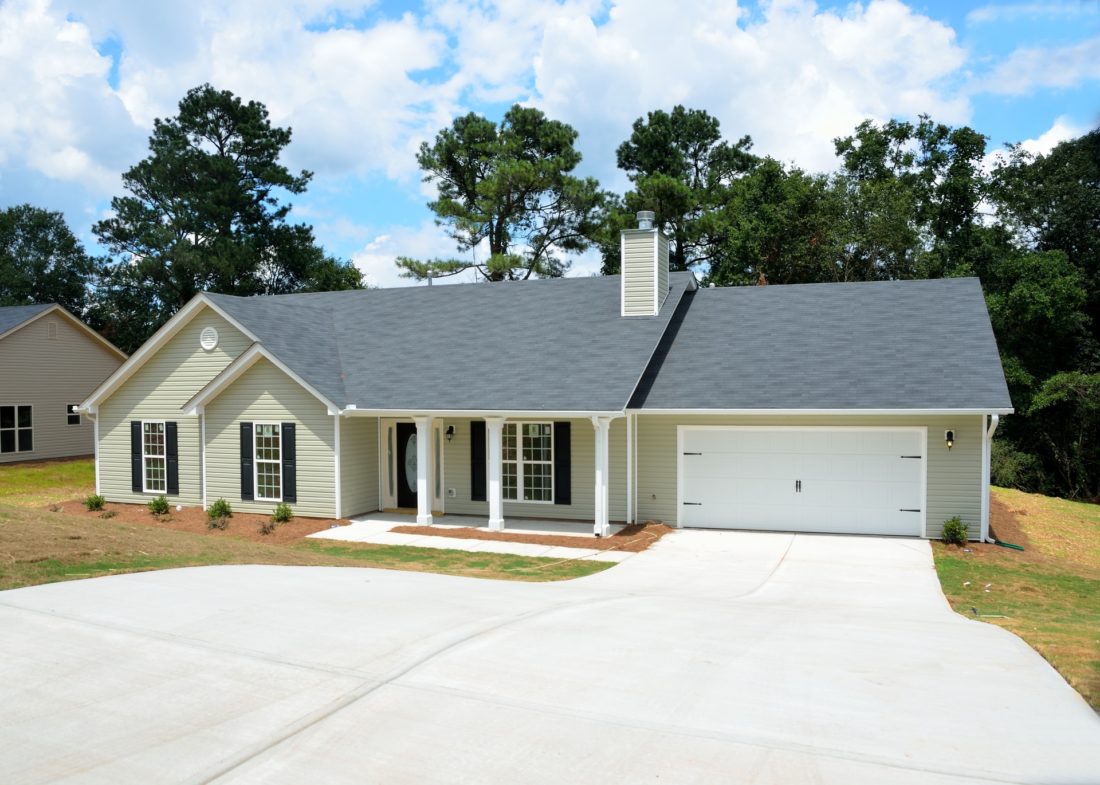How to Calculate Your Mortgage Before You Buy
 According to some of the latest figures, the average loan size for home purchase applications was $309,200 in January 2017. The borrower’s monthly mortgage payment would be about $1,500, using the 4.1 percent rate for that month, plus the homeowner’s insurance premium and property taxes. Of course, that doesn’t provide the total picture as a homeowner paying $1,500 on the monthly mortgage payment and utility bills of $600 isn’t in better shape than someone mortgage payment of $1,700 who has utility expenses of only $200 a month.
According to some of the latest figures, the average loan size for home purchase applications was $309,200 in January 2017. The borrower’s monthly mortgage payment would be about $1,500, using the 4.1 percent rate for that month, plus the homeowner’s insurance premium and property taxes. Of course, that doesn’t provide the total picture as a homeowner paying $1,500 on the monthly mortgage payment and utility bills of $600 isn’t in better shape than someone mortgage payment of $1,700 who has utility expenses of only $200 a month.
Find Out How Much Your Home is Worth
Calculating your mortgage before you buy is one of the first steps you should take before you even begin looking at homes. That includes asking the question, “How much is my house worth?” so that you’ll have an idea of what you might be able to make after selling, including paying off your current mortgage if you have one. If your home is worth $400,000 and you owe $300,000, you might end up with $100,000 (minus realtor fees and any other selling costs like necessary repairs, cleaning, and staging) which can go toward the purchase of a new place, reducing the monthly payment on that one.
How Much Should You Spend?
Experts generally recommend that homebuyers aim to spend no more than 28 percent of their gross income on a mortgage payment – if you max out your income to buy that “dream” house, you’re on a quick path to financial trouble. It’s essential to ensure you have enough wiggle room in your budget for unexpected expenses, emergencies, and retirement savings. No more than 36 percent of your gross income should be spent on total debt, which includes housing as well as credit card debt, medical bills, car expenses, and student loans.
Say, for example, you make $84,000 per year, or a gross income of $7,000 a month. $7,000 x .28 = $1,960 a month, so your monthly mortgage payment should be no more than that amount, ideally lower. You should not be paying more than $2,560 in total debt each month. While you might qualify for a larger home loan, you probably won’t have enough cushion in your budget for other living expenses, saving, and discretionary spending – things that lenders don’t take into account. While buying that dream home may feel good at first, after a while, if you can’t really enjoy life living paycheck to paycheck, eventually, it could feel more like a nightmare.
Knowing what you can afford can help ensure a more sound financial future – the last thing you want to do is commit to a 30-year loan that’s too expensive for your budget only to end up losing it which usually spells financial disaster.
Estimating Your Mortgage Payment
There are many mortgage calculators available online that can help you figure out what your mortgage payment will be. The loan amount, interest rate and term can have a dramatic effect on the total you’ll pay for that property until you own it outright. The payment typically includes private mortgage insurance (if applicable), property taxes and homeowners/hazard insurance. Property taxes vary significantly depending on the location of the home. For example, in New Jersey, you’d pay an average of more than $7,000 a year on a $300,000 home, but in Alabama, it’s less than $1,300 a year.